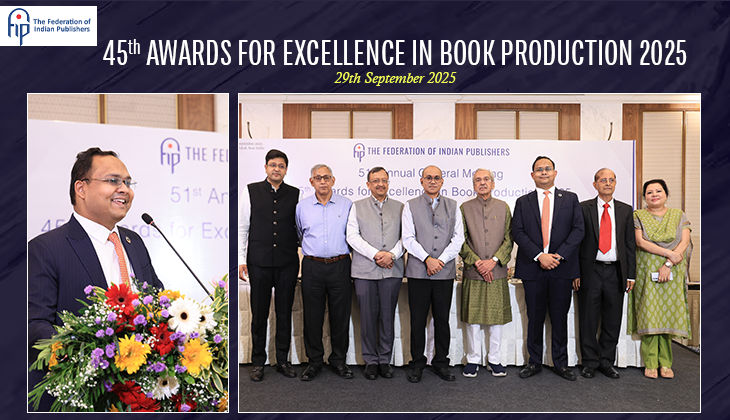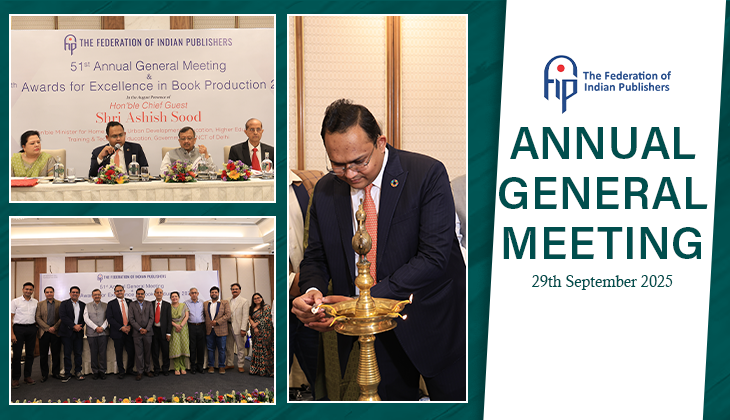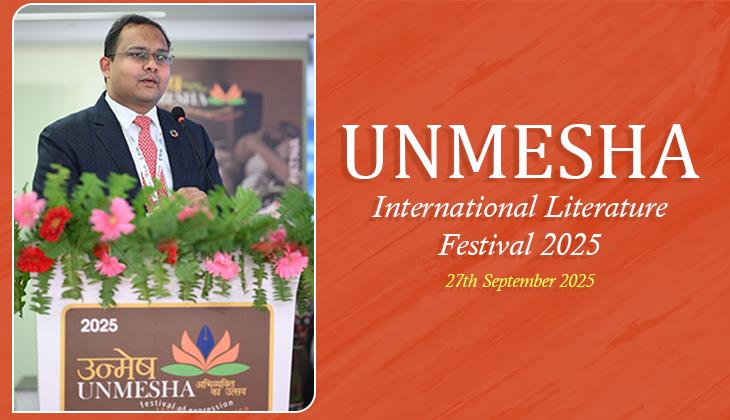The court needs to protect the science community from greedy, power-abusing academic
publishers
The respect of copyright law has been compromised to a great extent, it’s time the court takes action to reclaim it. What am I talking about?
The recent battle, wherein publishers claim Sci-Hub and Libgen mean to ‘completely disregard the copyright laws’ but are themselves abusing this power to their own benefit.
Although, not many lawsuits have compelled researchers in natural sciences to act so anxiously- but a copyright infringement case filed by three publishing biggies have hit the last nail in the coffin.
Let me explain.
Until the 1990s, publishing academic journals happened within universities or inside professional circles. They were done more with the purpose of advancing scientific knowledge less with profit making motives, a labor of love you see.
Universities were always flush with funds with government grants that provided them extra revenues. Then in the 2000s, something changed!
The business minded publishers offered university presses a lucrative deal (or something that might have seemed lucrative, to the university then)
They offered to share the responsibility of publishing journals for a good amount of profit- but it soon became clear why this decision was taken.
A slanted deal as it was, the academic publishers enjoyed an undue advantage that allowed them to earn big profits, avoid editorial costs with major work still thrusted on university students and staff.
What’s more disappointing is the fact that academic editors were making money on research papers that were being taken out of a tax payer’s pocket and relied heavily on university support.
And with what in exchange?
A release time from teaching, which ultimately shifts the cost of these editorial services to the university.
Besides this, the publishers benefit from free labor of thousands of researchers that provide peer reviews of journal articles to inform editorial decisions. After improvement by volunteer edits and peer experts, the copyright is conveniently transferred to commercial academic publishers with no payment, no due credit or no ownership of the articles to the authors.
Even more ludicrous is the publishers reaction to all this hard work and free labour that’s being provided to them.
Acting opportunist by charging high subscription fees that makes it impossible for publishers to access their own research works, now solely owned by publishers. And not just them but taxpayers are charged a second time to read the results of research that they funded. I mean publishers should understand that charging any amount of money is not the right way to handle this privilege.
And now filing a case against both Sci-hub and Libgen that are challenging these inequalities by freeing access to millions of manuscripts that are unfairly owned by these very publishers. While one may not see eye to eye with the route that we have taken, we can’t turn a blind eye to the practical demands of research and unequal access that researchers have to deal with.
When a court of law in India is dealing with a decision to put a stop to this unjust practice, it shouldn’t ignore the context of the case neither should it allow itself to become a tool to perpetuate further inequalities.
Sci-Hub and Libgen have emerged as counter- movements against the ownership of scientific works by these big publishing companies, and their case should be treated as such.


